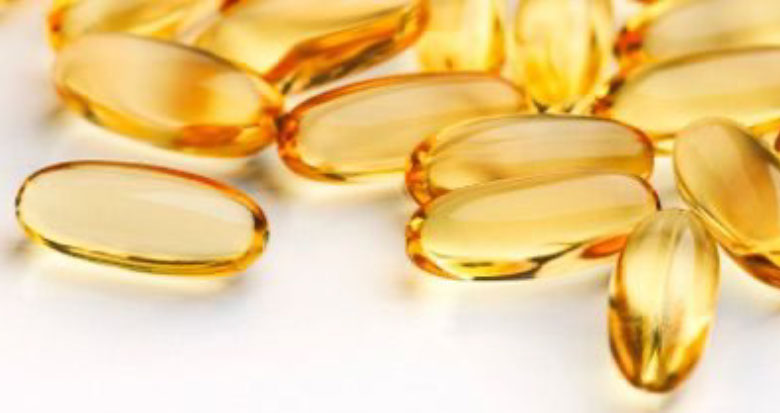Excipients are traditionally considered as “inert carriers” (inactive carriers). However, excipients are not entirely inert. Interactions between many excipients and active pharmaceutical ingredients (API) can affect the safety and efficacy of the drugs. Therefore, excipients have significant effect on the quality of pharmaceutical preparations. As one of the most widely used cellulose ethers in the world today, Sodium Carboxymethyl Cellulose (usually shortened as Sodium CMC or CMC) has high biocompatibility, biodegradation and low immunogenicity. It has been widely used as excipient in the pharmaceutical industry.

Sodium Carboxymethyl Cellulose has excellent thickening, suspension, stabilizing, bonding, water retention and other functions, so it has been widely applied in the pharmaceutical industry. It can be used as a suspension agent, thickener, floating agent in the liquid preparation; In the semi-solid preparation, it can be used as a gel matrix ; And in the solid preparation like tablet and capsule, it can be used as a binder, disintegrator and slow release adjuvant. In tablets, Sodium CMC is suitable for direct tablet pressing and wet pellet pressing process. In the wet pellet pressing process, it can be added in the wetting stage or drying stage respectively. When used as disintegrator, the concentration of CMC can be up to 5%, but usually the amount is 2% in the direct tablet process and 3% in the wet pellet process.

Sodium Carboxymethyl Cellulose is non-toxic and non-irritating. Large doses taken orally may have laxative effects, but the dosage prescribed in solid preparations is less likely to cause this problem. If you are interested in pharmaceutical grade CMC or have any inquires about it, please feel free to contact SINOCMC freely.
SINOCMC TEAM
